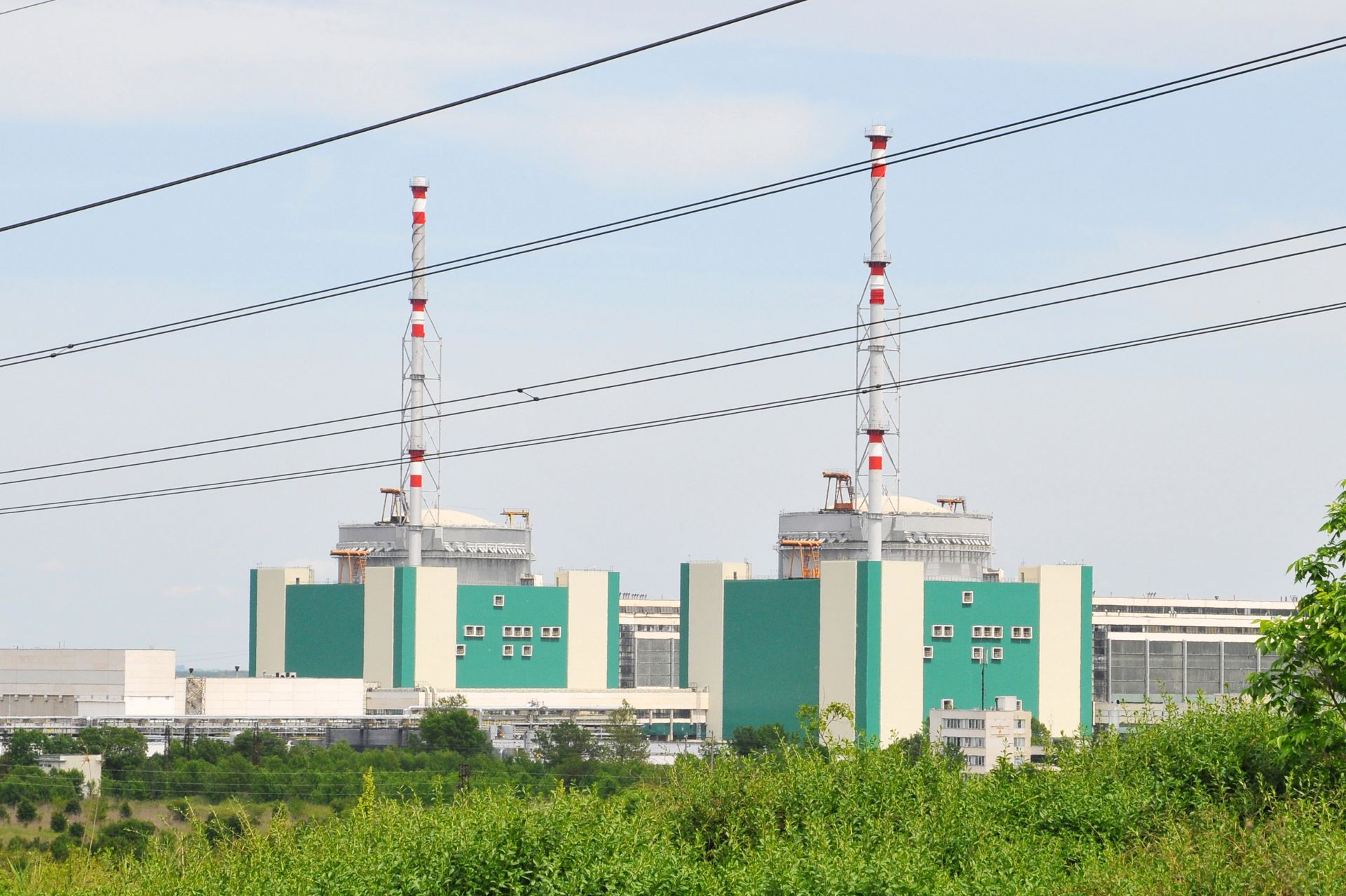Versatility, leadership, and “the highest fast neutron flux in the history of ever”: Highlights from INL’s VTR webinar

Clockwise from top left are Craig Piercy, Ray Furstenau, Tom O’Connor, Sean McDeavitt, Tara Neider, and Judi Greenwald.
The Versatile Test Reactor’s conceptual design was approved in September, and a draft environmental impact statement could be released within the week. The completion of more project milestones leading to operation in 2026, however, will depend on congressional appropriations. An expert panel described the need for a state-of-the-art test reactor and the value that the VTR could bring to the U.S. nuclear R&D community over its 60-year lifetime during a recent webinar—“Advanced U.S. Nuclear Research and Development: A Briefing and Discussion on the VTR”—hosted by Idaho National Laboratory.
Craig Piercy, ANS executive director/CEO, moderated the webinar, introducing a project update from VTR executive director Kemal Pasamehmetoglu and facilitating a Q&A session with representatives of the Nuclear Regulatory Commission, the Department of Energy, universities, reactor developers, and the Nuclear Innovation Alliance. A recording of the October 29 webinar is available online. INL also has a video and information online on the VTR.
“I think that the VTR represents part of a larger effort to modernize our infrastructure, develop a new set of technologies, and really preserve our global leadership in the field,” said Piercy. Read on to learn more about the promise the VTR holds for the nuclear community.
















